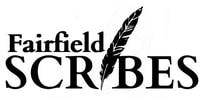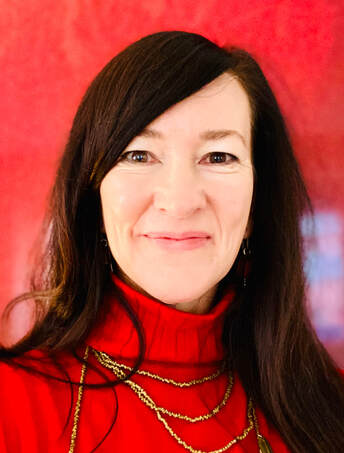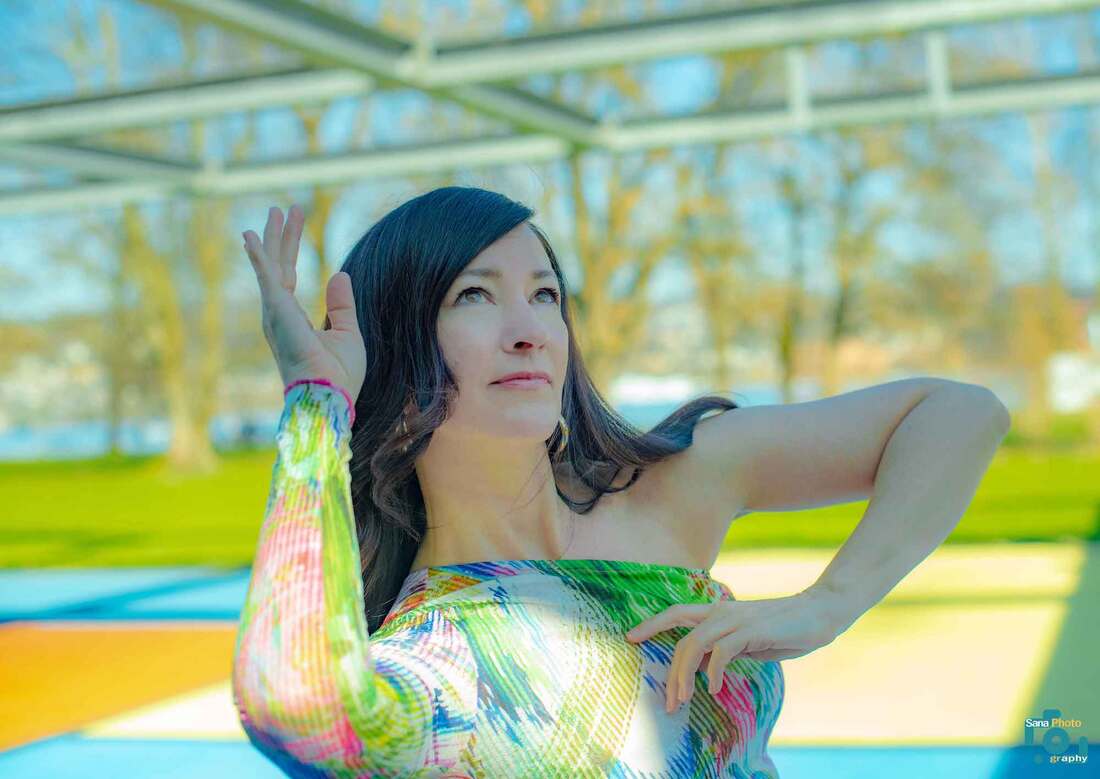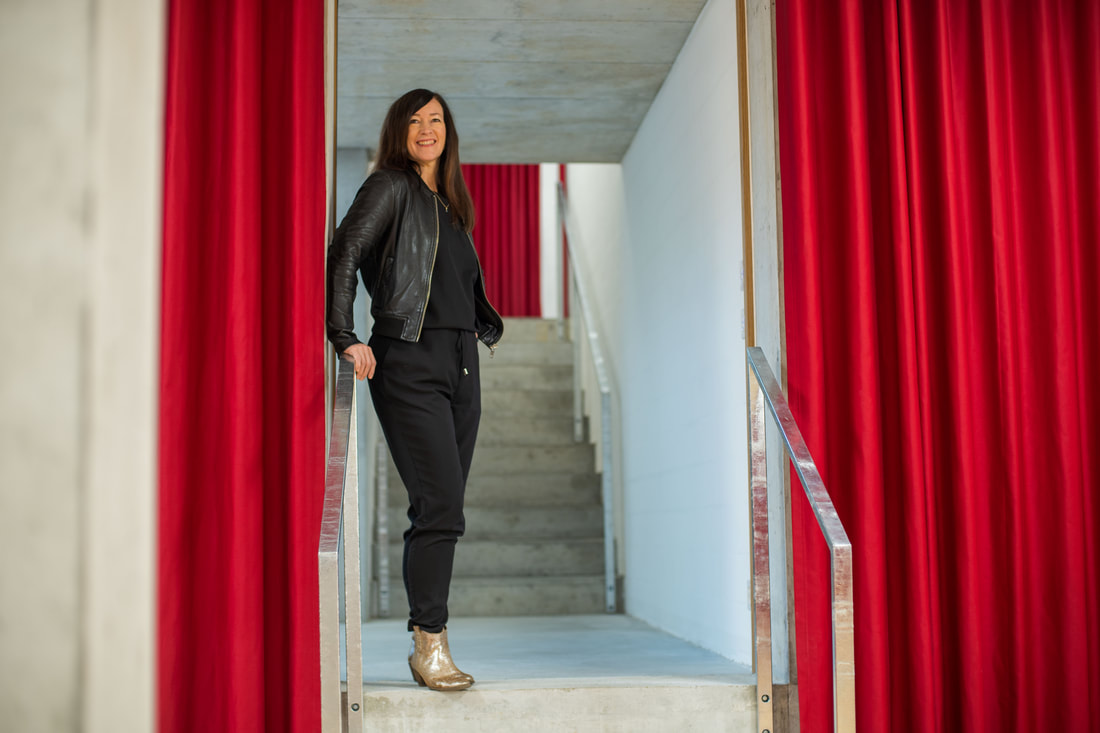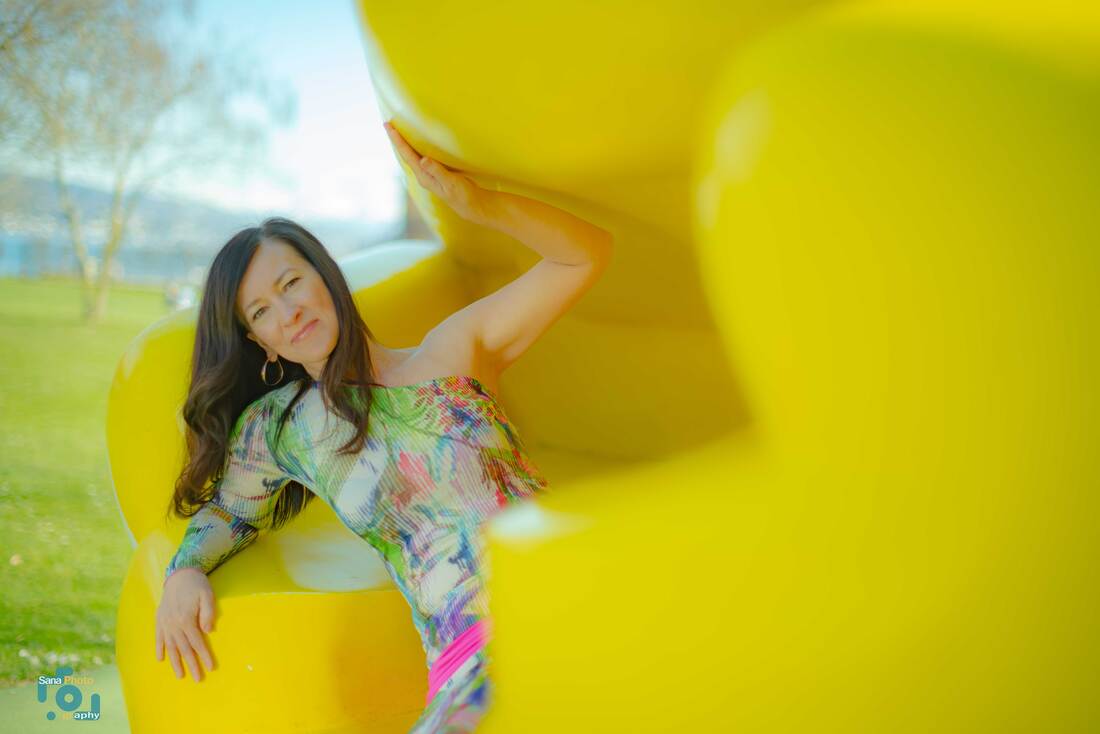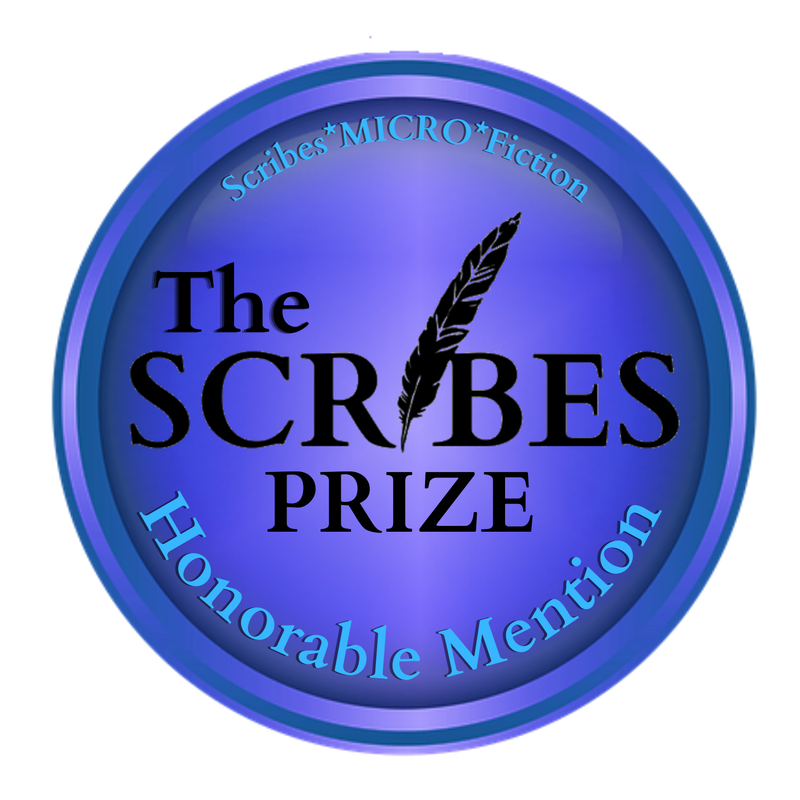|
Ali Mckenzie-Murdoch (UK) lives in Zürich, Switzerland. Her work appears or is forthcoming in Ilanot Review, Flash Frontier, Bright Flash Literary Review, Flash Fiction Magazine, Across the Margin and others. She was shortlisted for the National Flash Fiction Day 2023 Micro-Fiction Competition. She is currently working on a Novella In Flash. Ali is the owner and creative director of a belly dance studio in Zürich. She believes that by learning to dance, women can move more powerfully through life. |
Interview with Ali Mckenzie-Murdoch
about her story "Earthbound"
Honorable Mention for The Scribes Prize
What inspired this piece?
I like to collage images together and see where it takes me. This piece began with the image of a split watermelon—the pink flesh and black seeds suggested a ruptured scar. As I wrote, the scar became a cesarean section, and the black seeds morphed into a Bakelite butterfly. The story emerged very organically and I enjoyed playing with the theme of flight and entrapment suggested by the image of the butterfly brooch. When I realised how manipulative Leonardo was, I knew the gift he gave the protagonist would be a fake. For me, the important truth in this piece is that the narrator realises Leonardo is lying to her, but she stays quiet, like many women in controlling or abusive relationships.
What draws you to the micro-fiction format?
I enjoy the poetry of micro-fiction, the importance of every word, the fleeting glimpse into a world that appears large despite the brevity of the form. I enjoy the invitation offered by what is unsaid—all that white space that the reader can inhabit with their own imagination. It feels free and open-ended.
As a writer, I also enjoy being able to 'see' the whole piece and I like the challenge of adding layers and nuance to something so short. Plus it's really satisfying to write 'The End' so often!
What's next on the horizon for you?
I'm working on a Novella In Flash and excited to combine different forms to tell a story concerned, amongst other things, with the subject of migration. Using interviews, text messages, Zuihitsu and flash fiction pieces, I explore tangible and intangible boundaries, and the intriguing dichotomy of what borders suggest: they close down movement but at the same time, suggest possibility and choice.
I like to collage images together and see where it takes me. This piece began with the image of a split watermelon—the pink flesh and black seeds suggested a ruptured scar. As I wrote, the scar became a cesarean section, and the black seeds morphed into a Bakelite butterfly. The story emerged very organically and I enjoyed playing with the theme of flight and entrapment suggested by the image of the butterfly brooch. When I realised how manipulative Leonardo was, I knew the gift he gave the protagonist would be a fake. For me, the important truth in this piece is that the narrator realises Leonardo is lying to her, but she stays quiet, like many women in controlling or abusive relationships.
What draws you to the micro-fiction format?
I enjoy the poetry of micro-fiction, the importance of every word, the fleeting glimpse into a world that appears large despite the brevity of the form. I enjoy the invitation offered by what is unsaid—all that white space that the reader can inhabit with their own imagination. It feels free and open-ended.
As a writer, I also enjoy being able to 'see' the whole piece and I like the challenge of adding layers and nuance to something so short. Plus it's really satisfying to write 'The End' so often!
What's next on the horizon for you?
I'm working on a Novella In Flash and excited to combine different forms to tell a story concerned, amongst other things, with the subject of migration. Using interviews, text messages, Zuihitsu and flash fiction pieces, I explore tangible and intangible boundaries, and the intriguing dichotomy of what borders suggest: they close down movement but at the same time, suggest possibility and choice.
